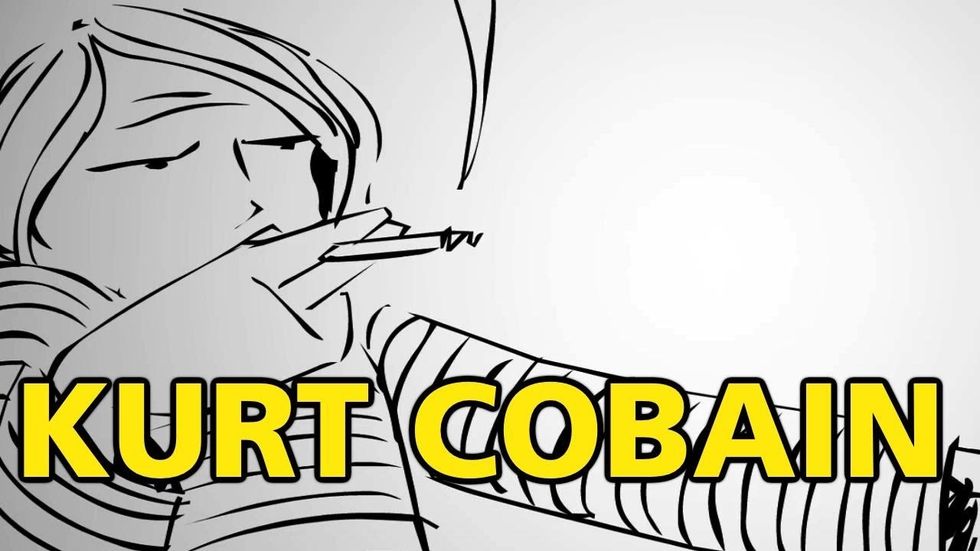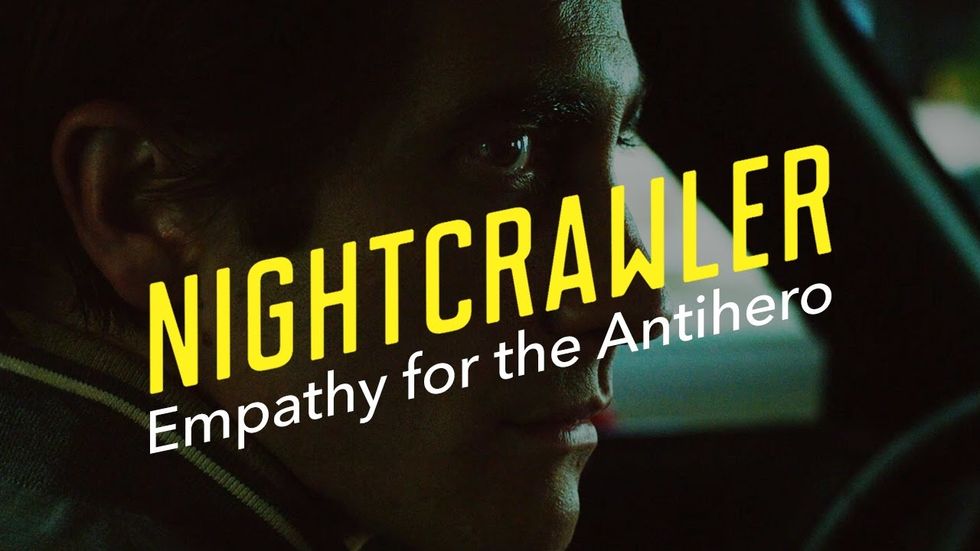A writer's work is never done. There will always be words left to say and words yet to be thought of. Between reading the classics and learning from modern-day writers, finding the right advice can be an overwhelming search. Lucky for the pencil-pushers, the video essay was created. Here are five YouTube channels those aspiring wordsmiths should watch.
1. Just Write.

Contrary to the easier-said-than-done namesake, Just Write offers more sage advice. This channel focuses on movies and television, but their techniques can be used in your own writing. Learning what makes compelling storytelling and characters unique from the storytellers themselves is priceless. Just Write discusses moral argument through character opposition in "Batman Begins," the pros and cons of characters with and without character arcs or dramatic changes, and many other elements that make a story. The Writing Lessons playlist is a good place to start.
2. Nerdwriter1.

Humanities covers, well, humanity. A lot of greater parts make up the whole and to cover most of it takes a labor of love. Introducing, Nerdwriter1. Art, history, culture, pop culture, this channel covers the bases. You can finally convince your stone face friends why cringe humor in "The Office" is hilarious or find out if the universe is a hologram. Write nerdy, y'all.
3. Blank on Blank.

Writers look up to their influences, the movers, shakers and producers that came before them. A project made possible by Quoted Studios, the Blank on Blank channel comprises lost interviews from musicians and actors, like David Bowie and Gene Wilder, to scientists and authors, like Carl Sagan and Ray Bradbury. Each interview has its own animation style and creative flow, which can only turn your next blank page into something just as plentiful.
4. The Closer Look.

Hannibal Lecter giving the perfect look for the perfect name of a YouTube channel. As the cold, diabolical eyes of Anthony Hopkins suggest, The Closer Look also analyzes film and television but the video essays are not just for honing visual skills. These skills can be adapted for your own stories on the page. Creating terror involves a conflict with a power struggle, among other enticing incentives which can lead to suspense, dread, and fear. So don't be afraid to be afraid, and if you're not afraid, just imagine challenging Hannibal to a staring contest, over dinner of course.
5. Lessons from the Screenplay.

You know what they say, reading is like TV in your head. Lessons from the Screenplay is a channel that dissects screenplays for their story-defining moments and storytelling devices. Jake Gyllenhaal's performance in "Nightcrawler" makes you sympathize with his character until it makes you question his ulterior motives that win him your empathy for the things he does as an antihero. Knowing what an audience wants or how an audience will react ahead of time as you write is one major goal as a writer. The more picturesque your descriptions, the more story you have.
The great thing about writing is that you can write about anything. Instead of spreading yourself thin with a mountain of ideas, focus on one idea. The more you write about that one idea, the better chance you have discovering new ideas within it. Propel your stories in a way that serves the story, its characters, its dramatic consequences, and changes. Break conventions, experiment, surprise yourself. Now that you know it can be done, do it like only you can.

















